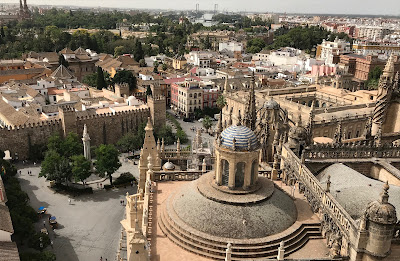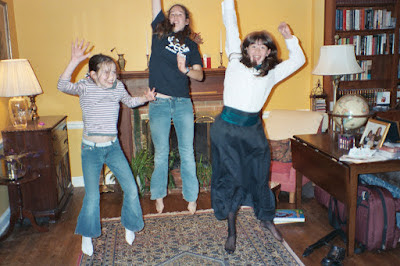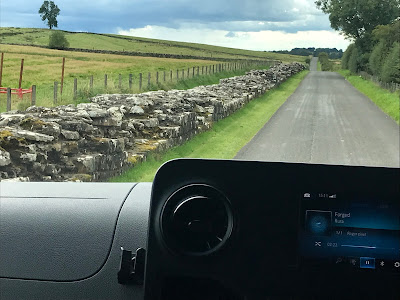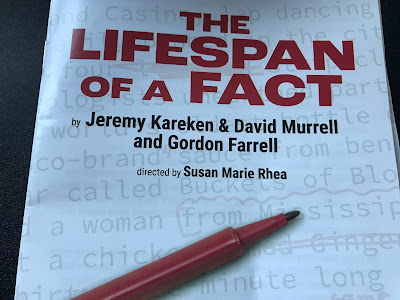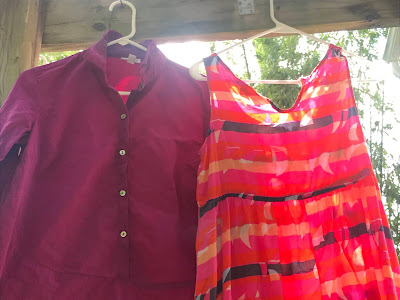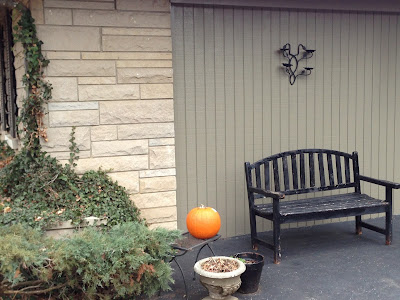Picking Dandelions
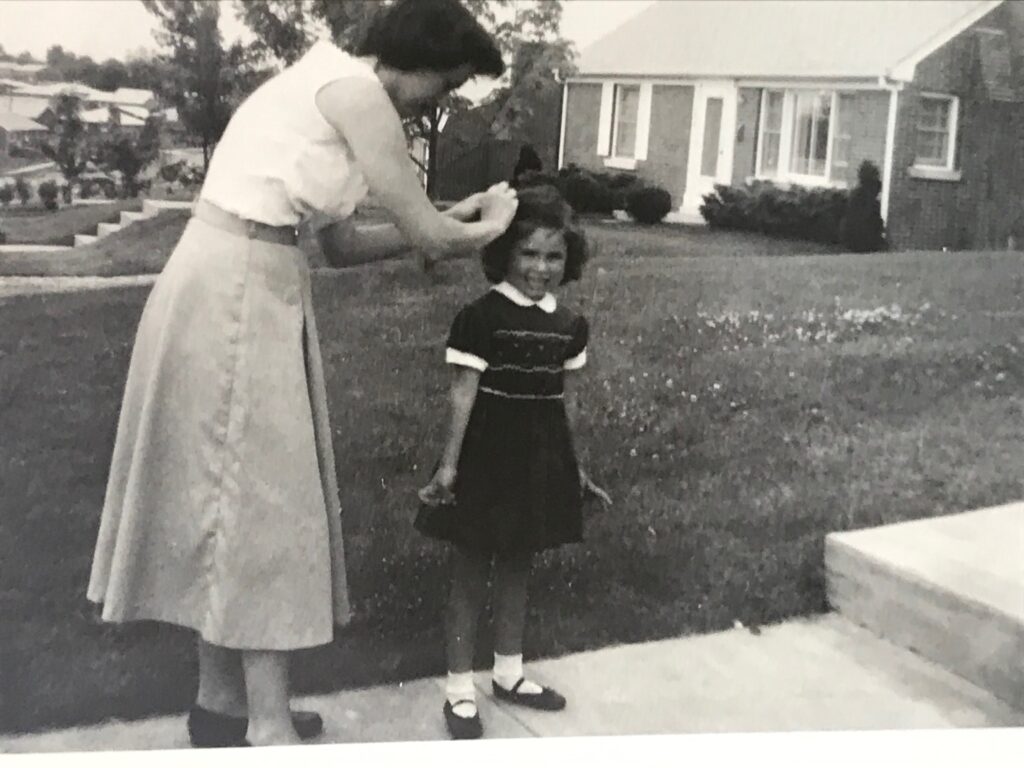
It’s dandelion season, which always brings to mind a story from my childhood. When I was in fourth grade, my parochial grammar school, Christ the King, had a dandelion problem. The whole expansive front lawn was filled with the yellow flowers.
I don’t recall them being as noticeable on the side yard, and behind the school was a parking lot with a line down the middle: girls played on one side, boys on the other. (A few of us found a way to circumvent that: we devised a game of “Four Square” with two boys on one side and two girls on the other.)
But that isn’t the only absurdity for which I remember Christ the King. One lovely April afternoon when spring fever was running high, the nuns turned the whole bunch of us out on the front lawn to pick dandelions. Mind you, we weren’t digging them up, just plucking them from the stem. Which guaranteed they would be around next year.
I’m trying to imagine what would happen if a school did that now. Without permission slips?! Despite seasonal allergies?! To say there would be an uproar is putting it mildly. But for a fourth-grader who liked to stare dreamily out the window, it was the best possible way to spend a spring afternoon in school. Which is why, all these years later, I remember that day.
(I was younger than fourth grade here, but it’s from the same era … and are those dandelions in the yard?)

